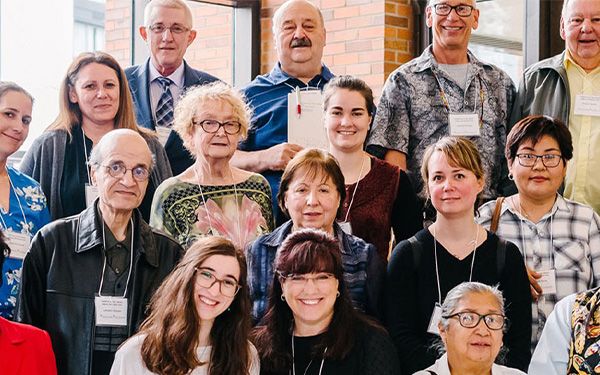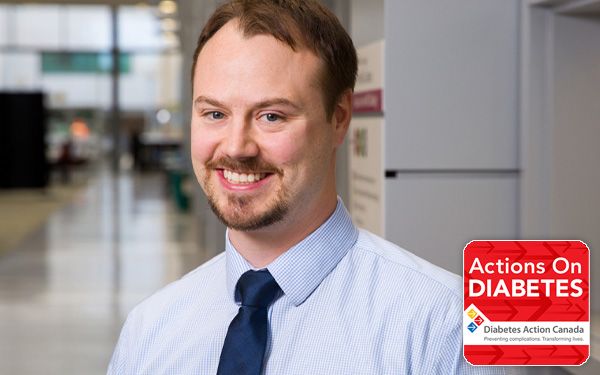Rethinking Care: Lessons from the 2024 Diabetes Canada Conference

Posted date: February 20, 2025 |
One of the most thought-provoking sessions I attended at the 2024 Diabetes Canada Conference was titled “How to Approach Challenging Clinical Scenarios: Considerations for Care Plan Evolution in the Real World.”
The first presenter, a clinical psychologist specializing in patients living with diabetes and obesity, explained that the way doctors communicate with their patients is often—well, wrong. Wrong, at least, if the goal is to motivate behaviour change. For example, a doctor might tell a patient to go for daily 30-minute walks, explaining how it could help reduce weight and lower blood sugar. According to the presenter, the problem lies in the “telling.” When one person tells another what to do, it often triggers resistance (something I, as someone who’s had my fair share of authority issues, could relate to).
Instead, doctors should ask questions like, “What are some reasons you’d like to lose weight or manage your diabetes effectively? Are you in a place right now where those reasons could motivate you to make changes?” The presenter stressed that the key to initiating behaviour change is for both parties—the doctor and the patient—to agree on why a health outcome is worth pursuing. Once that’s established, the next step is simply figuring out how to achieve it.
This approach really resonated with me.
At the session’s halfway point, a second presenter took over. She spoke about another area I’m deeply interested in: the stigma often associated with diabetes and obesity. She advised healthcare professionals to:
- Identify and acknowledge their patients’ values.
- Validate their patients’ feelings, ensuring they know their emotions are important.
Listening to her talk, I couldn’t help but reflect on how most of my own visits with doctors have been radically different from what these two steps propose.
During the Q&A period, I asked the presenters, “Do you have any suggestions for how patients living with diabetes and obesity can better advocate for themselves to their doctors?”
The first presenter spoke about the importance of doctors forming an emotional connection with their patients—emotions, after all, are more powerful than logic. The second presenter highlighted the need for doctors to practise “radical honesty.”
Later, I realised neither presenter had really answered my question. How could they? They’re doctors, not patients. (No shade—they both exuded compassion and honesty.) Still, hearing a patient testimonial about these approaches in action would have gone a long way toward convincing me of their effectiveness.
This gap in the discussion reinforced for me the importance of patient-oriented research. Including patient voices in healthcare conversations isn’t just helpful—it’s essential.
About the Author:
Matt Larsen is a Master’s student in health services research at the University of Calgary. With lived experience of homelessness and type 2 diabetes, Matt has been a peer researcher in community-based participatory research projects since 2019. His thesis focuses on understanding the experience of shame among individuals with diabetes and homelessness, as well as their coping strategies.
About the Fellowship:
The Diabetes Action Canada (DAC) Research to Action Fellowship is a pioneering programme that equips individuals with lived or loved experience of diabetes to bridge the gap between research and real-world application. Fellows collaborate with researchers, patient partners, and community members to co-create culturally relevant tools and solutions that improve diabetes awareness and care. This initiative reflects DAC’s commitment to amplifying patient voices and fostering equity in diabetes research and practice.
Featured in Article
Matt Larsen
Associated Programs

Patient Engagement
Related Podcasts

Diabetes and Homelessness
Episode one features an interview with Patient Partner Anna DiGiandomenico and University of Calgary researcher Dr. David Campbell who discuss their work on a research program that’s shedding light on the impact of homelessness on diabetes treatment and care.
Related Articles

Matt Larsen – Catalyst for Change Award Winner

Research to Action Fellowship Award Winners Announced



